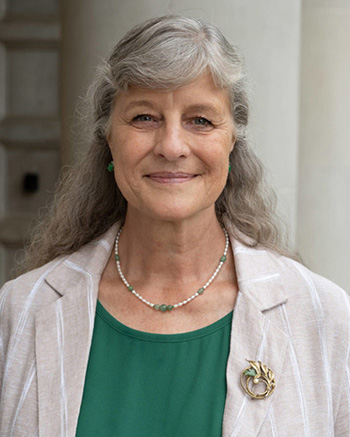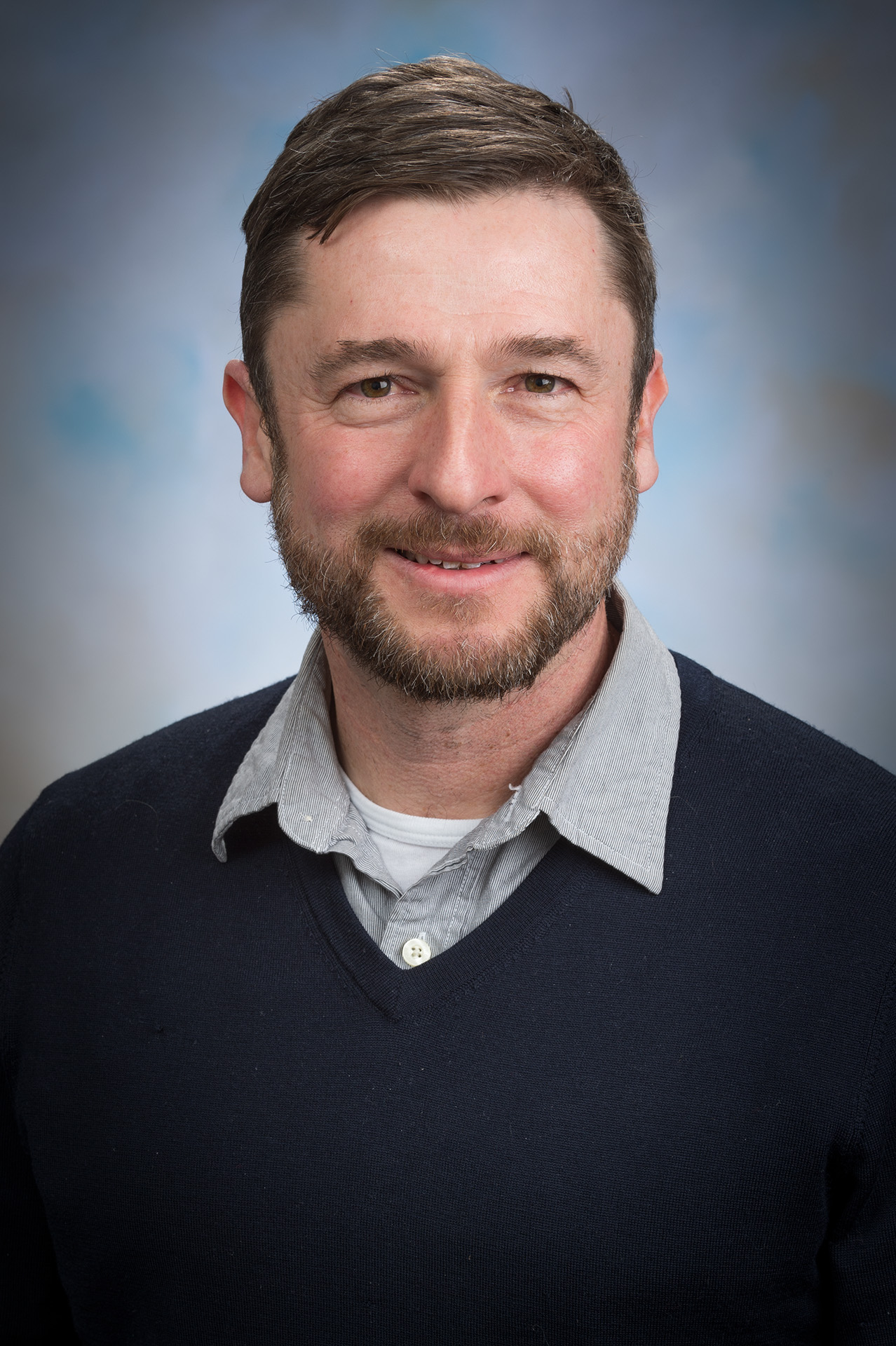
Gathering together around questions central to a meaningful, ethical life
Three years ago, then-Colorado State University Vice Provost for Undergraduate Affairs Kelly Long put together a cross-campus think tank to reflect on opportunities and challenges in undergraduate education.
“That is the work of the vice provost,” Long said. “Staying apprised of change and necessity that ask us to meet the needs of our current and incoming students at any particular point in time.”
The think tank – which included 12 faculty from eight colleges as well as a student success manager – discussed interdisciplinarity and how to interweave arts and humanities into larger university conversations.


A return to its roots
Inspired by those conversations, Long and English Professor Dan Beachy-Quick applied for, and received, a Teagle Foundation/National Endowment for the Humanities planning grant (whose mission includes expanding access to liberal arts education). The $250,000 Teagle Foundation Cornerstone/NEH Planning Grant will fund two years of innovation in the undergraduate core curriculum.
“This effort is a return to the roots of the academy – where we gather together around questions central to a meaningful, ethical life,” Beachy-Quick said. “It is the kind of an education I deeply value.”
Since receiving the Monfort professorship in 2015, Beachy-Quick has been involved in conversations with both faculty and community working toward a shared vision of how important it is to have humanities and STEM in collaboration.
“The largest hope here is to offer classes that help create the kinds of interdisciplinary thinkers CSU knows the world most needs,” he said. “These courses hope to hold the open-ended complexity in which the Humanities thinks in meaningful connection to core concerns in STEM fields, and as the vision scales larger, we’re looking forward to faculty from across the University teaching in the Initiative.”
Green and Gold
Named the Green and Gold Initiative, the program will include 10 small-section courses of around 22 students each, with an expansion to 20 courses next year. The faculty teaching these classes, housed primarily within the College of Liberal Arts in this initial launch, will collaborate on choosing organizing themes and shared texts selected from a primary book list to explore important questions with students. Students will also co-register in courses like Composition, thereby creating a cohort that helps “build intellectual commonality and community.”
This first year, approximately 100 students in exploratory studies (undeclared majors) as well as students in the ACE community (Arts and Community Engagement) will register for five sections in fall (Gold) and five sections in spring (Green). Themes will center around humanistic concerns such as Beauty, Goodness, Happiness, Evil, War and Justice using transformational texts. According to Teagle, “transformative texts — regardless of authorship, geography or the era that produced them — perform a democratizing function in giving students the analytical tools and historical awareness to interrogate themselves as well as the culture and society by which we are all partially formed.”
Our hope, so in sync with the vision of the Teagle/NEH Cornerstone opportunity, is to create a six-credit set of courses for incoming first-year students who have not yet declared a major that will both embrace and reinvigorate the land-grant mission at CSU, placing not only those questions the Humanities asks at the bedrock of undergraduate education, but to let those questions create the kinds of thinkers who—regardless of academic discipline—are open, ethical, curious, seeking unlikely connections between disparate fields, and able to think along those unexpected links.
“We hope this is a reintroduction to a kind of thinking – how to learn, how to ask questions,” Beachy-Quick said. “There’s a large and long-lived educational sense here. We are gathering a class around humanity’s most enduring and pressing questions. Part of our hope is to reach back through time to those texts asking such questions for the first time and connect them to contemporary work troubled and inspired by the same questions. The crises we find ourselves in now we’ve felt the pain of before. And that can give us hope.”
Long concurs. “Having been an educator for 42 years, outside of the students themselves, nothing excites me more than the curricular opportunities we provide for students to explore and discover parts of themselves and the people they are en route to becoming.”
Faculty interested in teaching the Green or Gold courses can contact Dan Beachy-Quick directly.